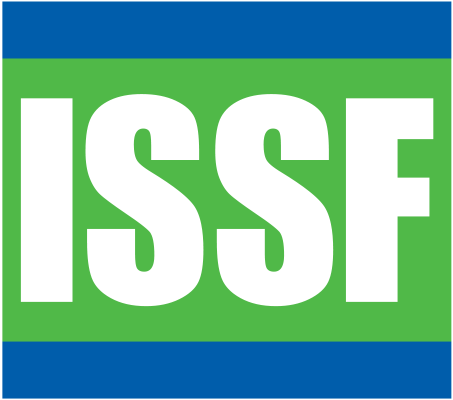The Role of Observers in Sustainable Fishing
ISSF recognizes the importance of effective observing in the management of tuna stocks. Not only does observer data serve as a useful cross-check of a skipper’s logbook, but it captures information that the crew does not have time to collect (e.g., discards and sensitive species interactions). Different RFMOs and regions will have their own objectives, but in general observers are tasked with scientific objectives, though sometimes compliance tasks will also need to be conducted. An observer’s main role is to estimate discards and bycatch as the crews cannot devote much time to this activity. The true value of an observer lies in their independence from the commercial fishing industry. Maintaining this impartiality—thus avoiding conflicts of interest—ensures the objectivity of an observer’s work.
This holds true for both scientific data collection and for any actions related to monitoring, control, and surveillance (MSC). Indeed, research has shown that the presence of observers on board commercial fishing vessels can improve the vessel’s compliance with regulations, and that if possible violations do occur, they are more likely to be recorded on a vessel with an observer on board. For these reasons, ISSF believes that autonomous observer programs are a key component of effective fisheries management.

